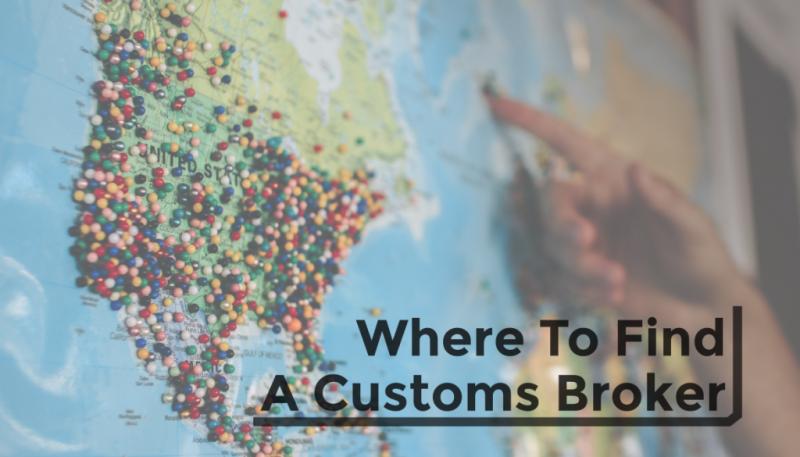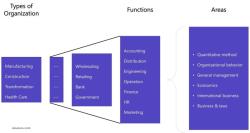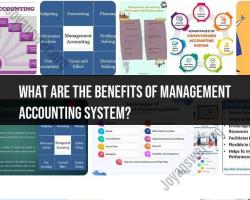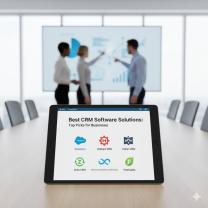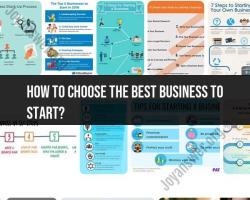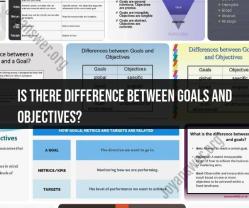How to become a licensed customs broker?
Becoming a licensed customs broker involves a series of steps and meeting specific requirements set by the customs authorities in the country where you plan to operate. The process may vary slightly depending on the country, but here is a general step-by-step guide:
**1. Educational Requirements:
- Minimum Educational Level: Most customs authorities require a minimum level of education, typically a high school diploma or equivalent. However, having a bachelor's degree in a relevant field such as international business, logistics, or a related discipline can be advantageous.
**2. Work Experience:
- Relevant Experience: Gain relevant work experience in customs-related activities. The amount of required experience varies by country but is usually several years. Work in areas such as international trade, logistics, or customs brokerage to build a foundation of knowledge.
**3. Familiarity with Customs Regulations:
- Self-Study or Training Programs: Acquire a comprehensive understanding of customs regulations. This can be achieved through self-study, online courses, or formal training programs offered by institutions or organizations specializing in customs and international trade.
**4. Exam Preparation:
- Review Exam Content: Customs broker licensing exams typically cover a broad range of topics, including tariff classification, valuation, rules of origin, documentation, and customs procedures. Review the exam content thoroughly.
**5. Apply for the Customs Broker Exam:
- Submit Application: Contact the customs authority in your country to obtain information on the licensing process and exam schedule. Submit an application to take the customs broker exam. Be prepared to provide documentation of your education and work experience.
**6. Pass the Customs Broker Exam:
- Exam Format: Customs broker exams are often multiple-choice and cover various aspects of customs regulations. Successful completion of the exam demonstrates your knowledge of the subject matter.
**7. Background Check:
- Criminal Background Check: In many jurisdictions, a background check is part of the licensing process. Ensure that your criminal record is clean and in compliance with the customs authority's requirements.
**8. Obtain a Customs Broker License:
- Application for License: Once you pass the exam and satisfy all other requirements, submit an application for a customs broker license to the relevant customs authority. This may include paying a licensing fee.
**9. Continuing Education:
- Stay Informed: Customs regulations are subject to change. As a licensed customs broker, you are expected to stay informed about updates and changes. Engage in continuous education and training to enhance your knowledge.
**10. Maintain Compliance:
- Adhere to Regulations: After obtaining your customs broker license, it is essential to adhere to all customs regulations and ethical standards. Failure to comply with regulations can result in license suspension or revocation.
**11. Professional Associations:
- Join Industry Associations: Consider joining professional associations related to customs brokerage. These organizations often provide resources, networking opportunities, and updates on industry trends and regulations.
**12. Insurance and Bonds:
- Insurance and Bonds: Depending on the country, customs brokers may be required to obtain liability insurance and customs bonds. Ensure that you comply with all financial requirements.
**13. Specialize and Advance:
- Consider Specialization: Customs brokers can choose to specialize in specific industries or types of goods. Additionally, consider pursuing advanced certifications or further education to enhance your expertise.
It's important to note that the specific requirements and procedures for becoming a licensed customs broker can vary by country. Therefore, it's advisable to contact the customs authority in your jurisdiction for the most accurate and up-to-date information on the licensing process.
Licensing process: How to become a licensed customs broker?
To become a licensed customs broker in the United States, you must:
- Be a U.S. citizen at least 21 years old.
- Pass the Customs Broker License Examination (CBLE).
- Submit a broker license application with appropriate fees.
- Your application must be approved by U.S. Customs and Border Protection (CBP).
Steps and requirements for individuals aspiring to become licensed customs brokers
Here are the steps and requirements for individuals aspiring to become licensed customs brokers:
- Meet the basic eligibility requirements: As mentioned above, you must be a U.S. citizen at least 21 years old.
- Prepare for and pass the CBLE: The CBLE is a comprehensive exam that covers a wide range of topics related to customs brokerage, including customs regulations, documentation, and clearance procedures. You can prepare for the CBLE by taking courses, studying textbooks, and using online resources.
- Submit a broker license application: The broker license application can be found on the CBP website. You will need to submit the application, along with supporting documentation, such as proof of citizenship and your CBLE score report.
- Pay the license fees: The license fees vary depending on the length of your license. You can pay the fees online or by mail.
- Have your application approved by CBP: Once you have submitted your application and paid the fees, CBP will review your application. If your application is approved, you will receive a license number and be authorized to operate as a licensed customs broker.
Tips for navigating the licensing process and pursuing a career in customs brokerage
Here are some tips for navigating the licensing process and pursuing a career in customs brokerage:
- Start early: The licensing process can take several months to complete, so it is important to start early. This will give you plenty of time to meet the eligibility requirements, prepare for the CBLE, and submit your application.
- Get experience: Gaining experience in the customs brokerage industry can be helpful in preparing for the CBLE and your career as a licensed customs broker. You can gain experience by working for a customs broker or by volunteering with a trade association.
- Network with other customs brokers: Networking with other customs brokers is a great way to learn about the industry and find job opportunities. You can network with customs brokers by attending industry events or joining online forums.
- Stay up-to-date on customs regulations: Customs regulations are constantly changing, so it is important to stay up-to-date on the latest developments. You can stay up-to-date by reading industry publications, attending training courses, and visiting the CBP website.
Pursuing a career in customs brokerage can be a rewarding experience. Customs brokers play an important role in facilitating international trade and helping businesses to comply with customs regulations. If you are interested in a career in customs brokerage, I encourage you to start the licensing process today.
